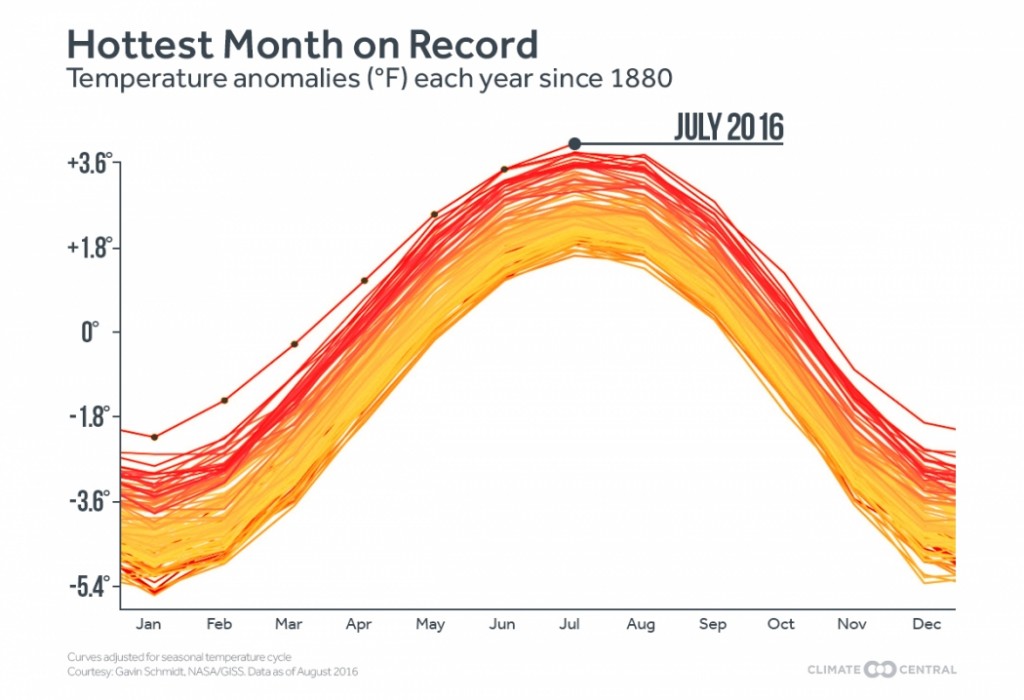Edward R. Jenkins, and instructor of accounting at Penn State, recently wrote an article for the Central Penn Business Journal about the U.S. Government Accountability Office and the country’s balance sheet. Here’s an excerpt:
“Regardless of whether it was Hillary Clinton or Donald Trump, the next president will have the same hand of cards to play when it comes to the balance sheet of the U.S. government. And this hand of cards may feel more like handcuffs — or a precarious house of cards.
“That our country is running a deficit is not news, but of particular concern is that the government doesn’t have a clear idea of its current spending — nor how much a bill it continues to rack up.
“Each year the U.S. Government Accountability Office (GAO) is required to audit the financial statements of the U.S. government. However, the best the GAO has been able to do is issue a “disclaimed opinion’’ — which is accountant-speak for warning that the system is so out of control that the agency can’t render an opinion about the accuracy of the government’s financial statement.”
Read more at CPBJ.com.



